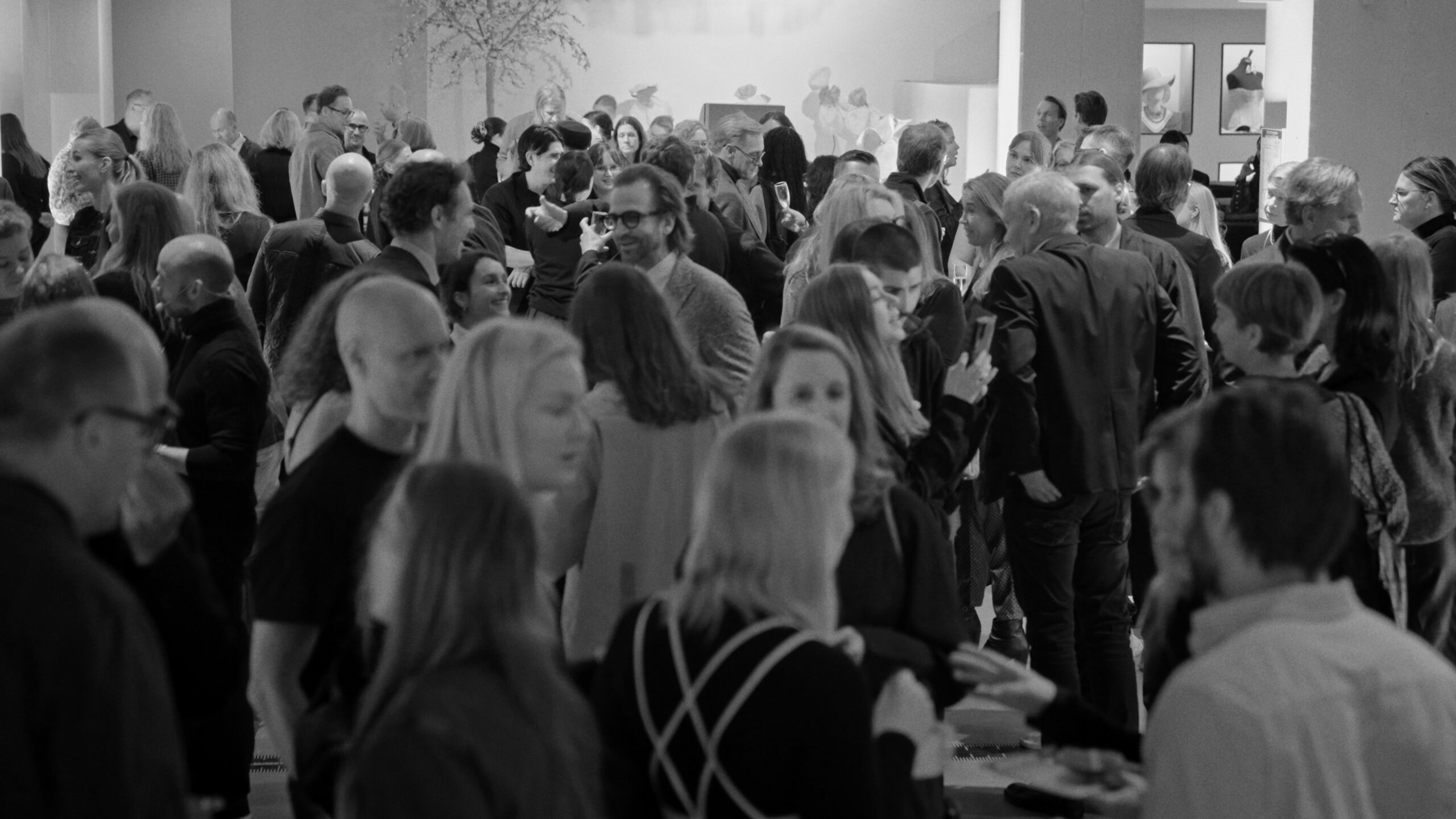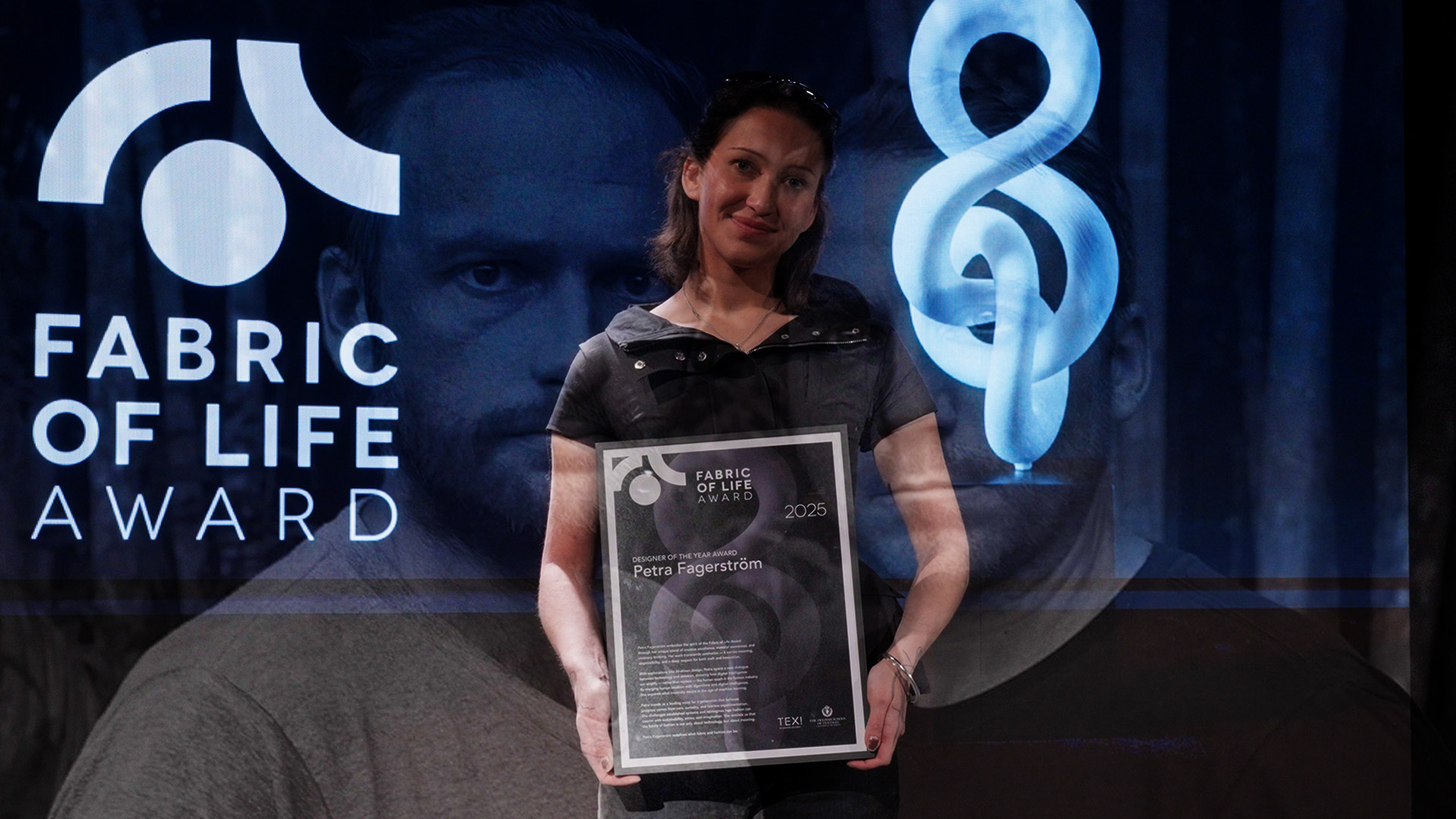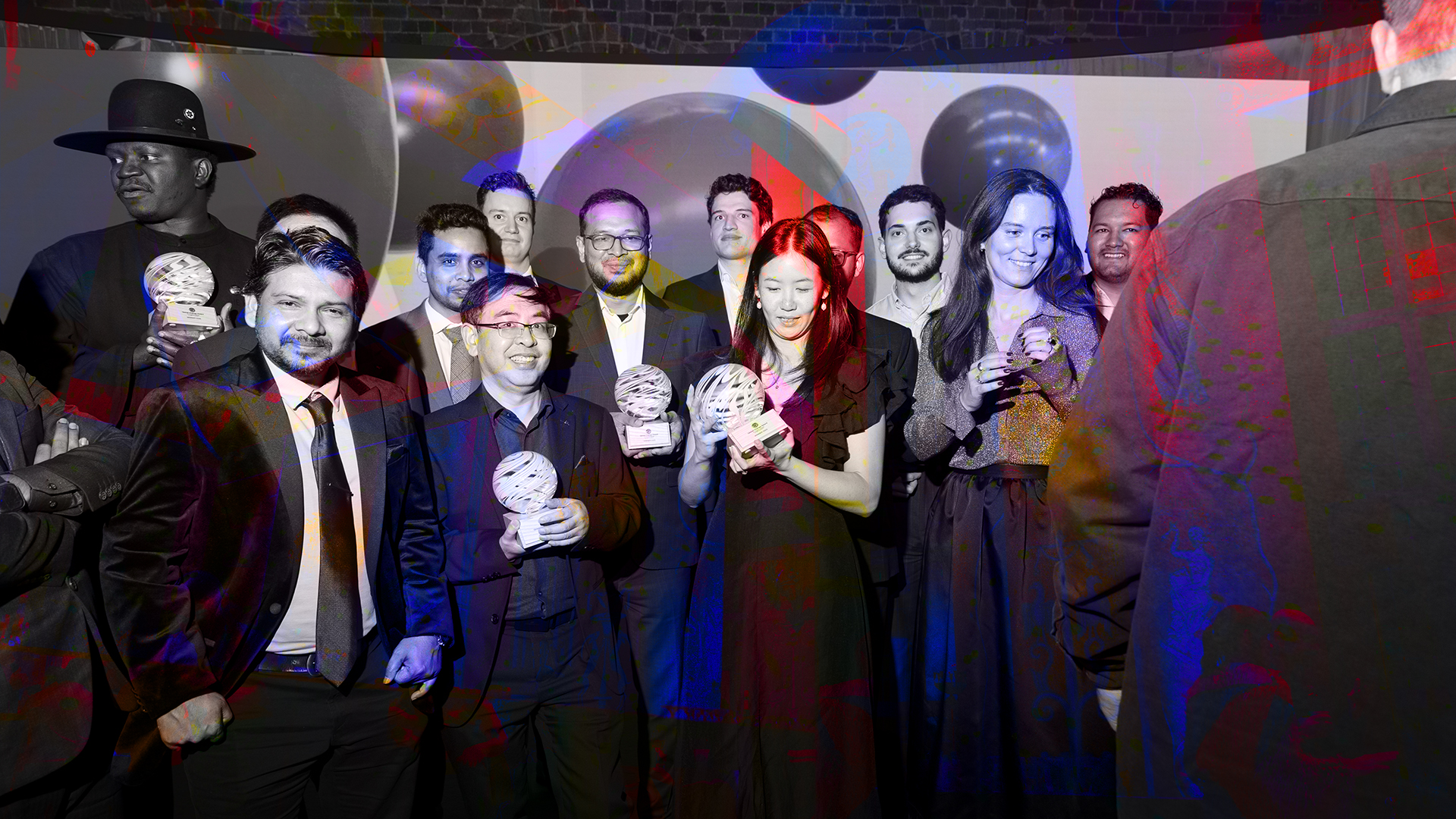
When does the Swedish fashion industry come together?
Is it at Stockholm Fashion District, the showroom and trade show compound in Nacka Strand, south east of Stockholm? Is it during Stockholm Fashion Week, that made a small but significant resurrection in June last year and is on track to appear again next year? Or is it during any of the other industry events on the yearly fashion calendar? The many events organised by trade paper Habit, or at the graduation of Beckmans School of Design, at H&M Foundations Global Change Award, or at our own Transformation Conference in August?
The reality is that Sweden’s fashion ecosystem is scattered across multiple platforms and institutions. If there is one moment when the industry reliably converges, it is Borås Textile Days, held last week in what is historically known as the Textile Capital of Sweden.
Although still very much a west-coast affair, Borås has become the place where the broadest cross-section of the industry turns up. Leaders from Stockholm Fashion District, the Association of Swedish Fashion Brands, the Swedish Fashion Council and many others attend. The event is organised by the network of institutions that make up the Textile Fashion Centre. Located in a former textile factory, the centre combines the educational work of the Swedish School of Textiles at the University of Borås and Nordiska Textilakademien, the business development of Science Park Borås and the incubator Borås INK, and the research environments of Smart Textiles and Textilhögskolan. It is one of the few places in Sweden where education, research and industry development sit under the same roof (That’s as many as I can fit in one sentence, there are more actually).
Every year, this ecosystem gathers for two days of talks, seminars, workshops and networking under the Textile Days banner, culminating in the Fabric of Life Award at the Textile Museum (see, there is another institution!). This year’s edition was the largest to date, with more than 1,100 registered attendees, a packed programme and no hotel rooms left in the city.
I was present to network with industry friends, chaperone a couple of clients, and partake in a panel on The Future of Swedish Fashion”, hosted by TEX! Marketplace Borås, which serves as a hub for many of the regional initiatives.
The panel was moderated by our editor-at-large Linda Pimmeshofer, and included Gina Tricot CEO Ted Boman, e-commerce veteran Moon Suck-Song and Eton’s Head of Innovation Erik Hedlund.
The panel was moderated by our partner and editor-at-large Linda Pimmeshofer, and with me on stage were Gina Tricot CEO Ted Boman, e-commerce legend Moon Suck Song, and Eton’s head of innovation Erik Hedman.
The conversation was an attempts to grapple with fashion’s outdated value chain. Linda opened by pointing to the backwards logic that still governs the industry: producing first, and working out the demand later. It is the opposite of how the most data-driven players operate. SHEIN reportedly adds 6,000–10,000 new items every day, producing only what shows early traction, while H&M and Zara remain in the range of 4,000–6,000 new products per year.

Ted Boman claimed that they had not seen any drop in demand due to Shein, but he was reporting that many of their best selling items mysteriously turned up at dupes on SHEIN. He did not know what caused this, whether it was an intelligence leak at the supply chain level (their factory claimed innocence, and details on the items pointed to another supplier), or some advanced data scraping going in.
Moon Suck-Song pushed the discussion further.
“AI is going to understand what you want before you know it yourself,” he said, outlining how companies like SHEIN combine audience, distribution, content algorithms, production and marketing into a single loop. His broader message was blunt: Europe is slipping.
“It feels like politicians and entrepreneurs here don’t pull in the same direction.”
In the US and China, he argued, legislation and business scale together. In Europe, the relationship is fragmented, hesitant and slow.
Erik Hedlund from Eton described their experiments with on-demand production and micro-factories. The technology works, but the operational reality is complex:
“It is much harder than it looks. A fully automated flow from e-commerce order to production involves a long chain of systems. I would never have guessed how much it would cost.”
His point was that shifting to a modern value chain is not only a design question — it is a transformation of the entire operating model.
My contribution was to connect these operational challenges to the sustainability debate. The core problem remains overproduction and the weak feedback loops that run through the entire value chain. The encouraging development is that sustainability and profitability are now merging into the same conversation, as testament by many of the conversations we have held during Tranformation Conference in August.
Less waste is better for the planet and better for margins.
This was one of many discussions taking place during Textile Days. In the subsequent panel Linda moderated, several Swedish tech companies presented their work — including eComID, Fashionlab, Shoreline, Renasens, Rudholm Group and Weon — demonstrating how the region continues to act as a testbed for new approaches.
A final acknowledgement must go to Paul Frankenius, the long-time force behind so many of the initiatives shaping Borås. From industry development to the Fabric of Life Award, Paul has played a central role in building the ecosystem we all depend on. And on top of that, few people host a dinner quite like Paul during Textile Days. Generous, sharp and full of stories that remind you why this industry matters.


